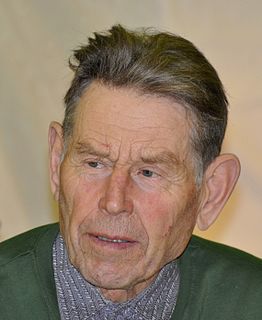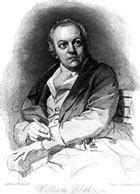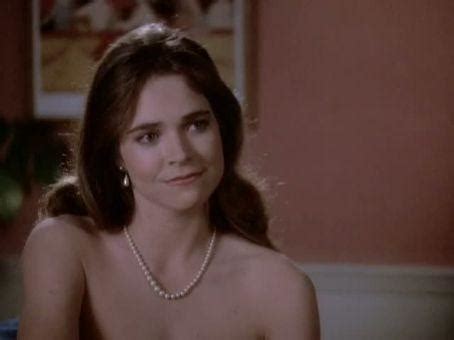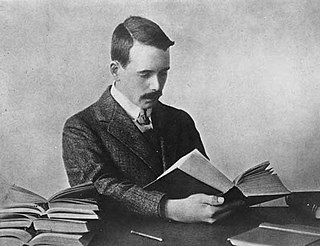A Quote by Claude Bernard
A fact in itself is nothing. It is valuable only for the idea attached to it, or for the proof which it furnishes.
Related Quotes
I believe that human brilliance manifests itself only in flashes, among rare individuals. For this reason, humanity as a whole is enormously destructive: the creation of something as devastating as Western culture, which is now allowed to spread throughout the world, offers sufficient proof of this fact.
That discipline which corrects the eagerness of worldly passions, which fortifies the heart with virtuous principles, which enlightens the mind with useful knowledge, and furnishes to it matter of enjoyment from within itself, is of more consequence to real felicity than all the provisions which we can make of the goods of fortune.
But many intelligent people have a sort of bug: they think intelligence is an end in itself. They have one idea in mind: to be intelligent, which is really stupid. And when intelligence takes itself for its own goal, it operates very strangely: the proof that it exists is not to be found in the ingenuity or simplicity of what it produces, but in how obscurely it is expressed.
Astrology furnishes a splendid proof of the contemptible subjectivity of men in consequence whereof they refer everything to themselves and from every idea at once go straight back to themselves. Astrology refers the course of celestial bodies to the miserable ego; it also establishes a connection between the comets in heaven and the squabbles and rascalities on earth.
There is nothing in the nature of a miracle that should render it incredible:;: its credibility depends upon the nature of the evidence by which it is supported. An event of extreme probability will not necessarily command our belief unless upon a sufficiency of proof; and so an event which we may regard as highly improbable may command our belief if it is sustained by sufficient evidence. So that the credibility or incredibility of an event does not rest upon the nature of the event itself, but depends upon the nature and sufficiency of the proof which sustains it.
Postmodernism, the school of 'thought' that proclaimed 'There are no truths, only interpretations' has largely played itself out in absurdity, but it has left behind a generation of academics in the humanities disabled by their distrust of the very idea of truth and their disrespect for evidence, settling for 'conversations' in which nobody is wrong and nothing can be confirmed, only asserted with whatever style you can muster.
The impossibility of separating the nomenclature of a science from the science itself, is owing to this, that every branch of physical science must consist of three things; the series of facts which are the objects of the science, the ideas which represent these facts, and the words by which these ideas are expressed. Like three impressions of the same seal, the word ought to produce the idea, and the idea to be a picture of the fact.
I found myself desiring and knowing less and less, until I could say in utter astonishment: "I know nothing, I want nothing." Earlier I was sure of so many things, now I am sure of nothing. But I feel I have lost nothing by not knowing, because all my knowledge was false. My not knowing was in itself knowledge of the fact that all my knowledge is ignorance, that "I do not know" is the only true statement the mind can make....I do not claim to know what you do not. In fact, I know much less than you do.





































